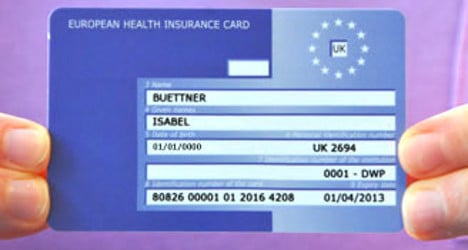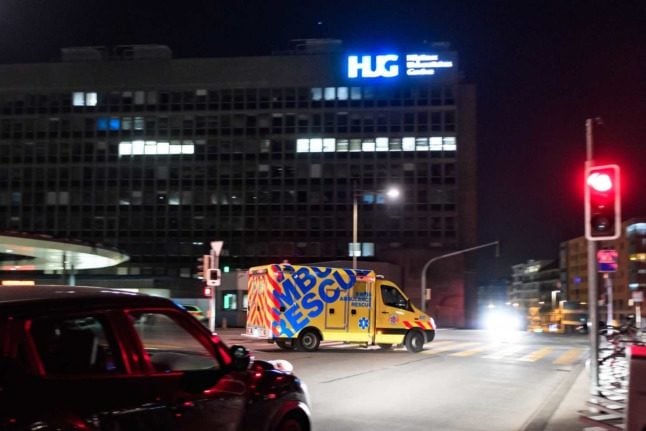The Commission has launched the procedure against Spain after some hospitals in the country for making people pay for treatments that would be free to Spaniards.
Brussels have made the move in the wake of an increasing number of complaints about the Spain's public hospitals refusing to treat people carrying an EHIC card.
Instead, some hospitals have been demanding that patients provide details of their travel insurance and a credit card.
In a statement, the Commission said it was concerned that Spain wasn't meeting its commitments under European legislation.
"Medical assistance is usually free in Spain and the European healthcare card gives people the right to to be treated under the same conditions as Spanish nationals," said the Commission in its statement.
The Commission also said that the far higher costs of private treatment were being picked up by insurance companies, or directly billed to patients
According to the Commission, the insurance sector has also stressed that most travel insurance policies do not cover private healthcare for people overseas.
The European Commission initially took up this issue with Spanish authorities in 2010.
Spain said it was taking measure to fight the problem but the Commission says it has continued to receive complaints.



 Please whitelist us to continue reading.
Please whitelist us to continue reading.
Member comments